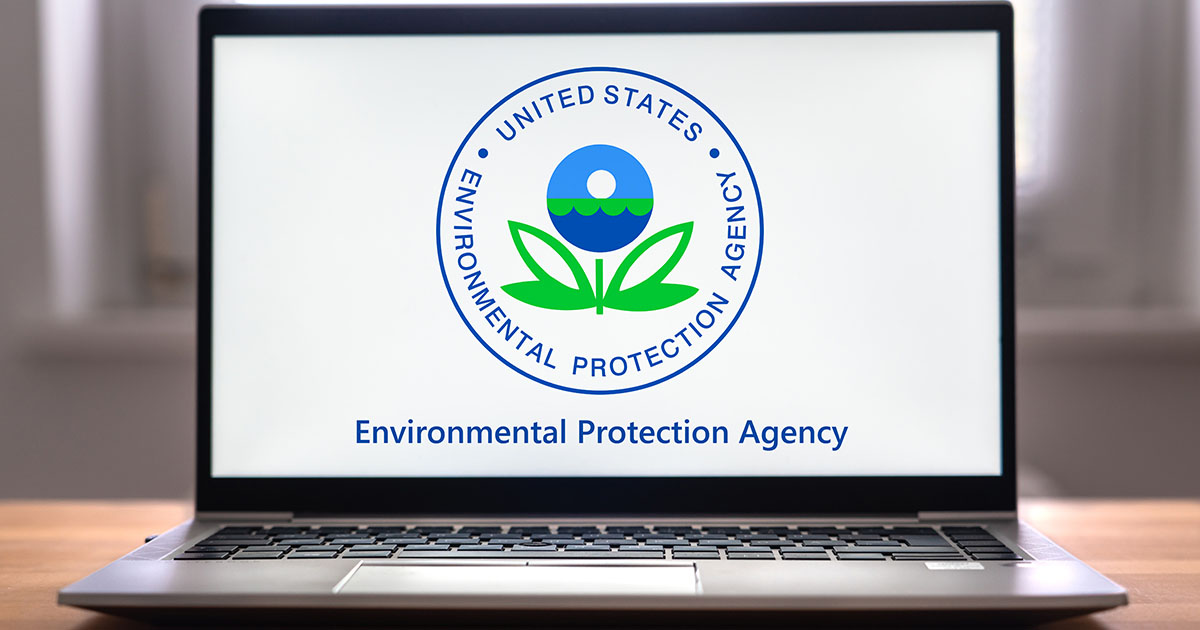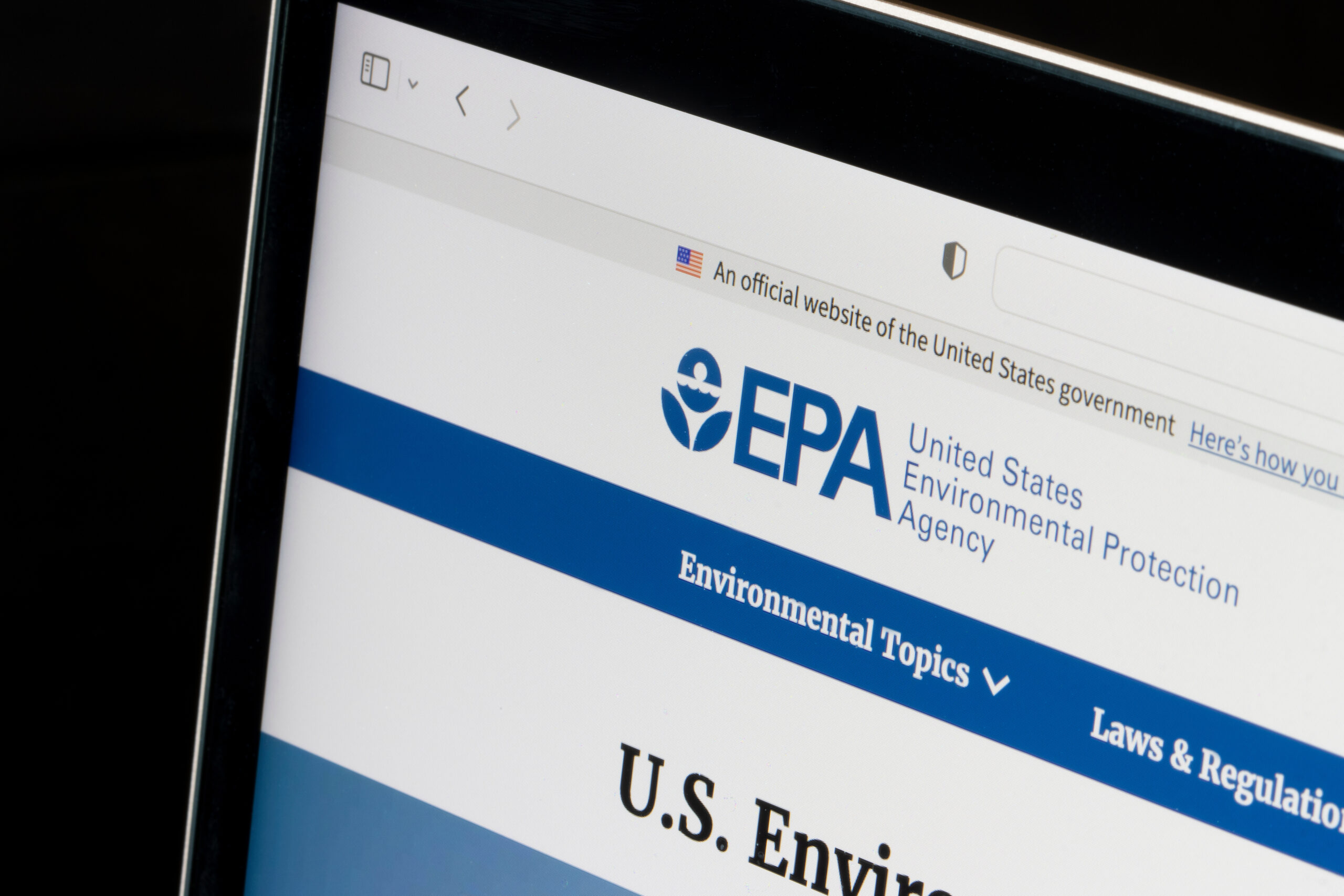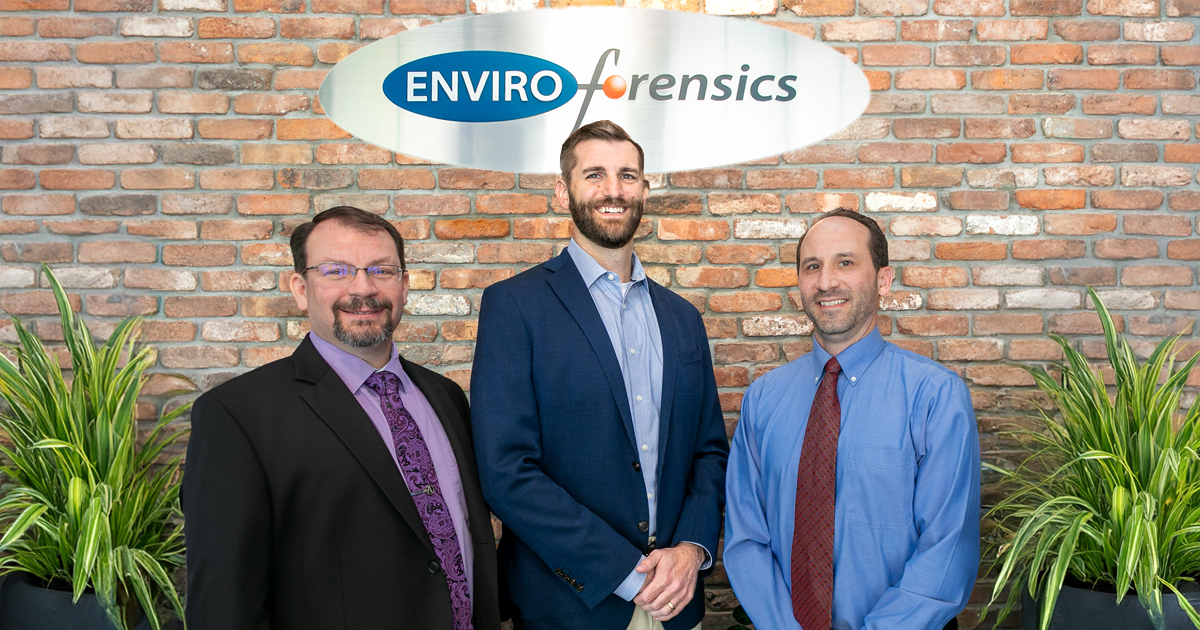Written By Stephen R. Henshaw, P.G., President & CEO, EnviroForensics
As seen in the May 2013 issue of the Cleaner & Launderer
Selecting an environmental consultant can be a daunting task and for small business owners that do not have day-to-day exposure with soil and groundwater contamination it’s very difficult to know the difference between consultants. This article is meant to shed light on the differences between environmental consultants and to present the different methods for selecting an environmental consultant. It’s my goal to show people that selecting the right consultant for your situation is a very important decision and should not be taken lightly. If a business person doesn’t know that there are differences between environmental consultants, countless hours and dollars may be wasted, projects could drag on and site closure could be a distant glimmer.
This article will go through some of the selection and screening methods that small business owners use when selecting an environmental consultant to address environmental liabilities.
The process of selecting an environmental consultant may be that the consultant was “in the right place at the right time”, he seems like a nice guy, or maybe the consultant was referred by a buddy. Selecting a consultant based on these circumstances is not a business decision, it is an emotional decision making process and should be avoided.
Another common selection process is price. This price determination selection process can be in the form of determining what firm has the lowest labor rates or it could be in sending the project out for bid, so the cheapest consultant is the selected consultant. This process is followed by a question to the consultant such as, “how much will the cleanup cost.” The problem is that it is all too easy for one of the consultants bidding on the work to tell a business owner responsible for paying the bills, “what they want to hear.” We work with a lot of insurance carriers and some carriers have entire departments dedicated to environmental liabilities, while other carriers have the same claims handler working on an environmental cleanup while also working on a home fire claim, an auto collision and associated medical claims, and a flood. This claim handler is probably not very knowledgeable about environmental claims. More times than not the insurance claim handler that has no experience in dealing with environmental claims has an unrealistic expectation regarding the cost of cleanups. Similarly, a business owner that does not deal day-to-day with environmental claims has an unrealistic expectation of the cost of cleanups. Consequently, far too often when cost is the deciding factor, it is coupled with general hand waiving that the cleanups “won’t be too much.”
Invariably, the consultant that gave the “low ball” number will end up asking for change orders for years to come, with the prospect for site closure becoming a faint vision as the years drag on. Using an analogy of an old car, it is easy to feel that you have been spending so much money that you hate to make a change.
A better decision-making process is to determine how many projects that are similar to the one you are dealing with has the consultant worked on. Ask questions about how they see the project proceeding and put them on the spot by asking them to sketch out how they would see the project progressing. How long will it take to prepare the work scopes and how long will it take for the regulatory agencies to review the work scopes. How long will it take to conduct field work and prepare the technical report. When will remediation start and end? A good consultant won’t have an answer to the last question, but he can show a time line for the general process.
It is also important to know why you are conducting the work. Is the work required because a landlord is requiring it or because you want to get your property to a point where you can sell it or use it as an asset to refinance? Is the agency pushing you to do work that is protective of human health or is your project low on their radar? Do you want to get the job done so you can put the environmental conditions behind you, or do you want to go very slowly because you are having to pay for the work from your savings?
For a firm like EnviroForensics, we work very hard for our clients to push the projects forward. We have professional relationships with regulatory agencies built of good science and trust so that we don’t try to take advantage of the agencies’ staffing limitations. Other consultants may work for clients that have specific annul budgets and part of their job is to move the project forward slowly. The military and big oil companies tend to work with annual budgets such that only so much work can be done each year.
In summary, select your consultant like you would select your doctor. Evaluate their experience. You wouldn’t have a foot doctor working on your heart and you should not have a tank removal contractor working on a chlorinated solvent spill. Don’t be swayed by what you want to hear. Be strong and ask tough questions about the investigation and remediation process. Cost is always a factor, but don’t have it be the determining factor. Understand why you are doing the work and whether you need the site closed to sell the property or the business. Finally, know that there are lots of good consultants and you need to be able to trust your consultant. Find out how committed they are to you. Will they work with you on a payment plan? Will they put their money where their mouth is and conduct work on a lump sum basis? Will they work around your schedule to minimize business interruption? Find out how invested your consultant is to you and your problem.



